Class A PT100 Temperature Sensor Transmitter 24V DC 4-20mA -50C to 250C
The Temperature Sensor Transmitter is a device that converts a temperature signal into a standardized output signal. It measures the temperature using a sensor and converts it into an electrical signal that can be transmitted to a control system.
Opis
Class A PT100 Temperature Sensor Transmitter 24V DC 4-20mA -50C to 250C
An RTD Temperature Sensor Transmitter (Resistance Temperature Detector or Resistance Temperature Device) is one of the most prevalent temperature sensors used in industry today. Also commonly referred to as PT100/PT1000, its resulting popularity is due to its accuracy and repsonse, at temperatures between -300 Do + 600 ° C.
Industrial thermal resistance is used as a temperature measuring sensor. It is usually used with instruments, recorders, and electronic regulators. It can directly measure or control liquid, vapor and gaseous media and solids, in various production processes from -200 °C to 600 °C. The temperature of the surface.According to the national regulations, our company’s fabricated thermocouples, meet the IEC international standard graduation number Pt100 platinum thermal resistance, and the professional standard graduation number Cu50 copper thermal resistance, two types of assembly, unified design type thermal resistance.
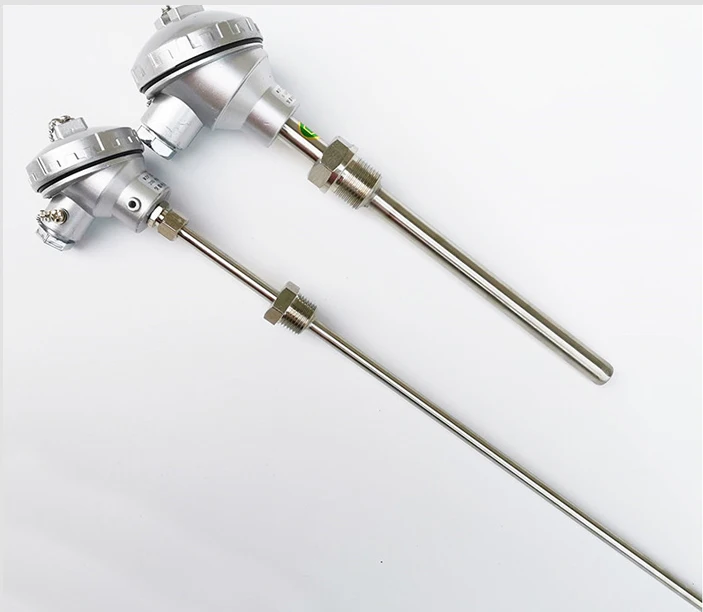
Cechy:
* Imported original platinum resistance (Pt100/Pt1000), good consistency; * High temperature measurement accuracy and reliable performance; * Two-layer package, good anti-vibration performance; * High mechanical strength and good pressure resistance. * Standard pipe thread installation
Measurement range | -200~600°C |
Index | Pt100 |
Accuracy level | Class A (±0.15°C+0.005|T|), Class B (±(0.30°C+0.005|T|) |
Średnica rury ochronnej | Φ12 (special outer diameter please specify) |
Protection tube material | Stal nierdzewna 304,321,316 |
Thermal resistance wiring | two-wire wiring, three-wire wiring, four-wire wiring. |
Thermal response time | T0.5 ≤ 45S (when the temperature changes stepwise, the output of the thermal resistance changes to 50% of the change, and thetime required is called thermal response time, expressed by T0.5). |
Thermal resistance Nominal pressure | generally refers to the static external pressure, that can be withstood by the protective tube at room temperature withoutbreaking. |
The minimum insertion depth of the thermal resistance | it should be no less than 8-10 times of the outer diameter of theprotection tube (except for special products). |
Thermal resistance self-heating effect | When measuring the current 5mA through the thermal resistance, the measured resistance increment is converted into a temperature value of not more than 0.30 °C. |
Thermal resistance insulation resistance | The test voltage of the normal temperature insulation resistance can be any valueof DC 10~100V, the ambient temperature is in the range of 15~35°C, and the relative humidity should be no more than 80%.The insulation resistance value at room temperature should be not less than 100MΩ. |
Executive standards | JB/T8622-1997 and JB/T8623-1997 standards |
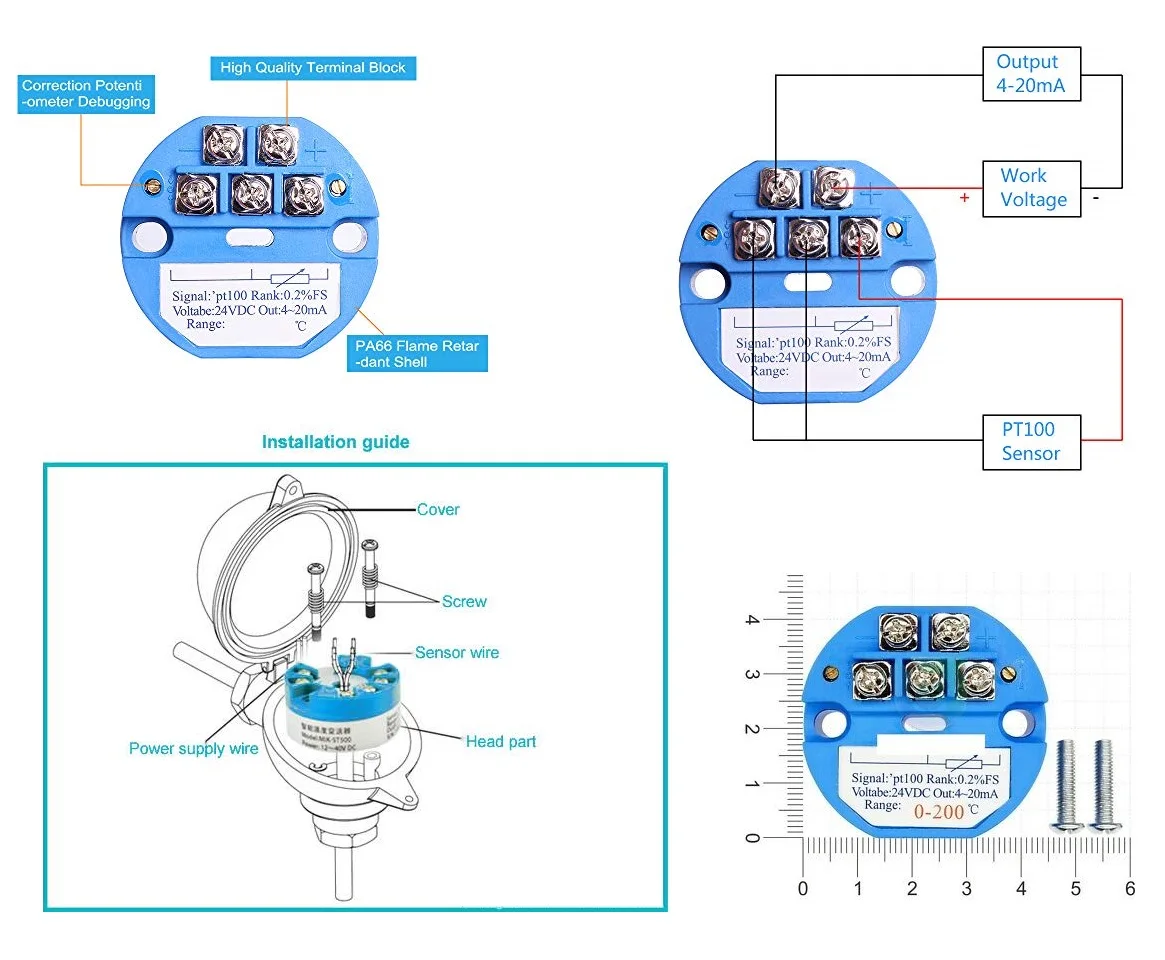
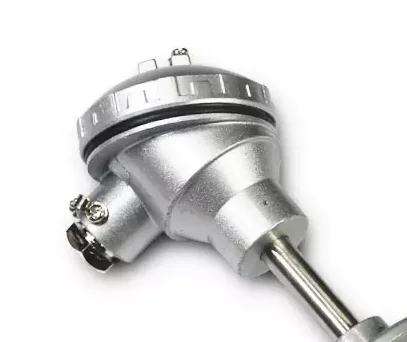
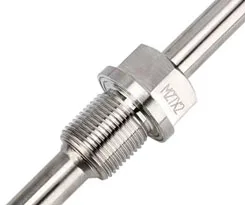
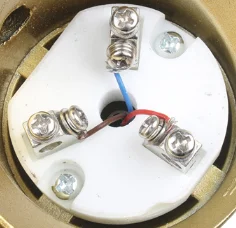
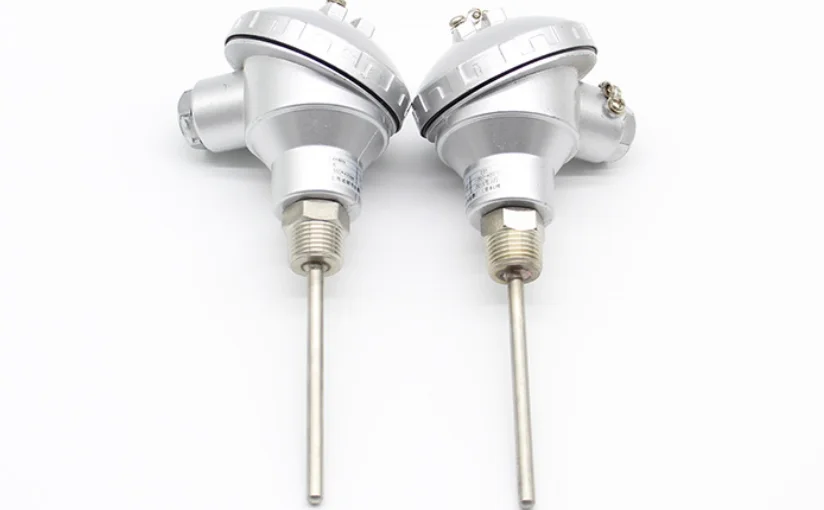
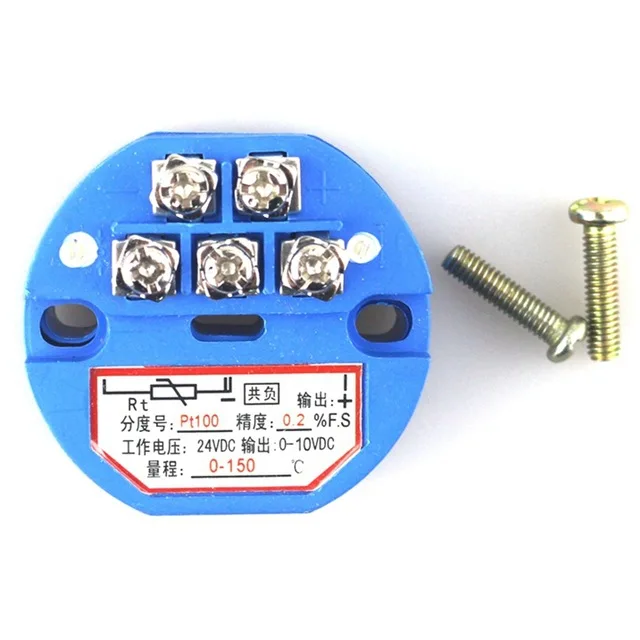
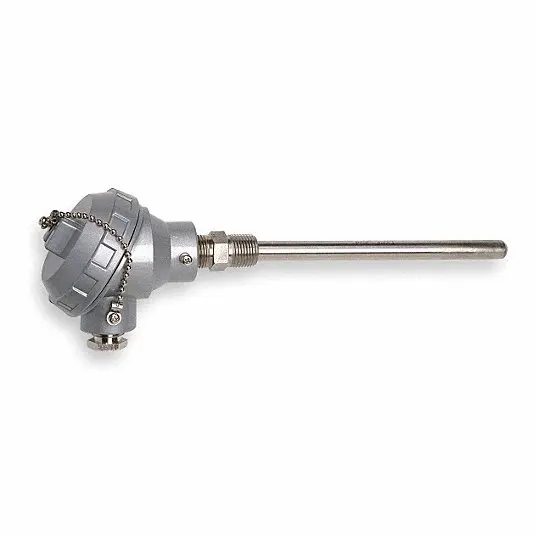
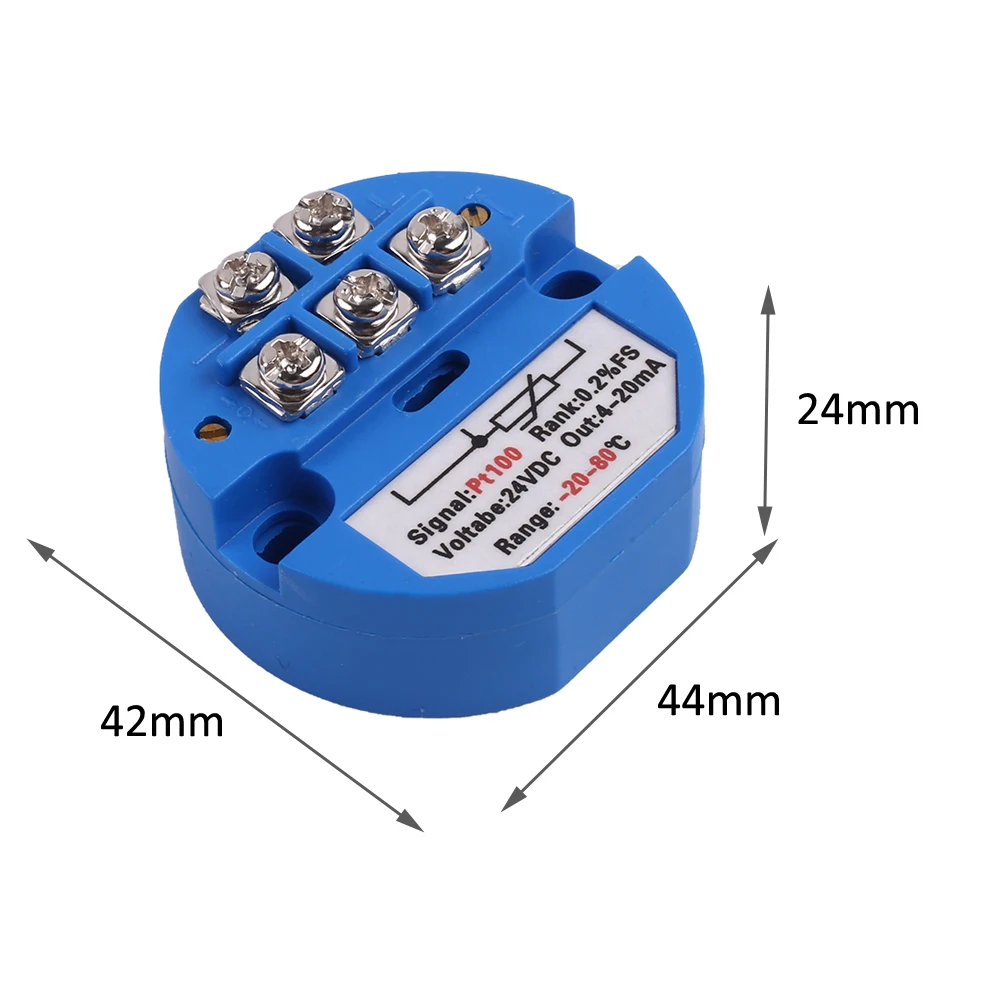



Musisz być zalogowany aby opublikować recenzję.

















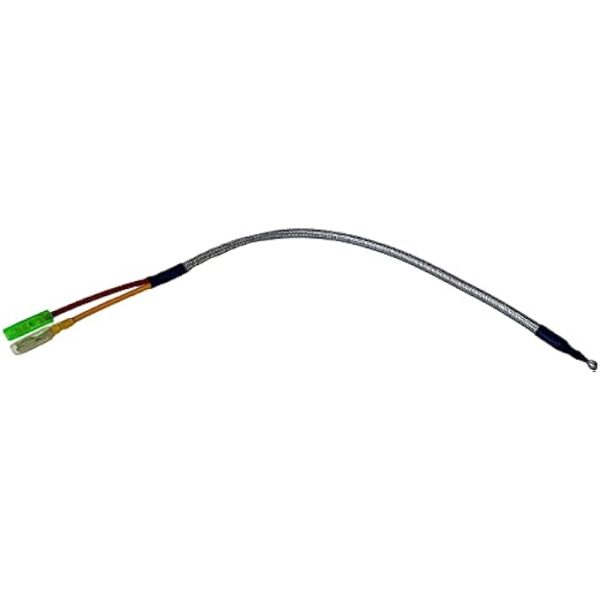


Opinie
Nie ma jeszcze żadnych recenzji.